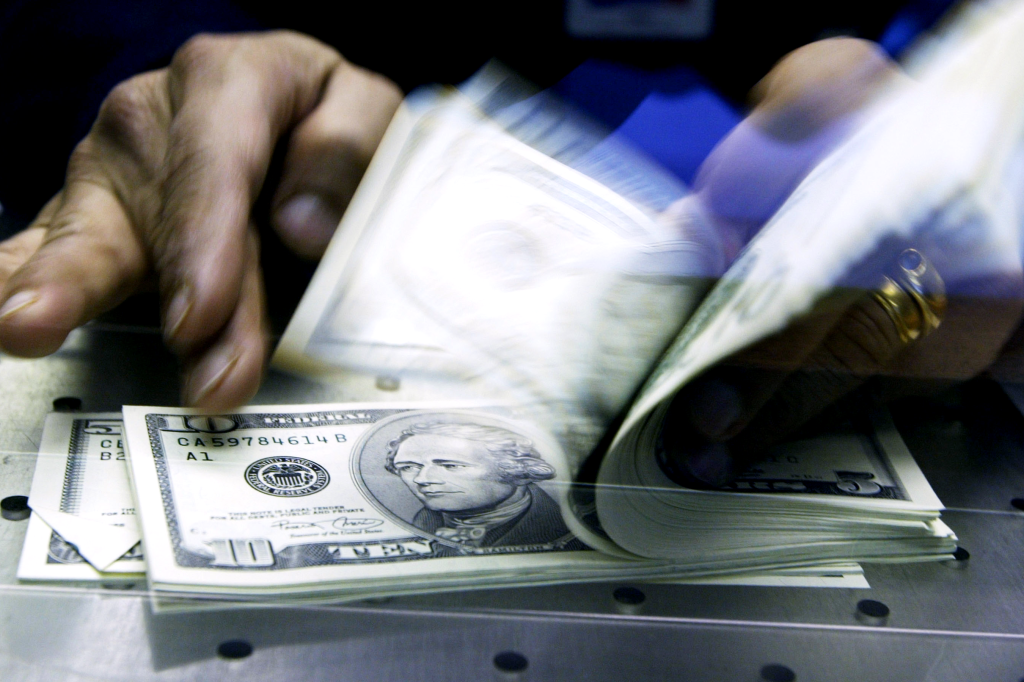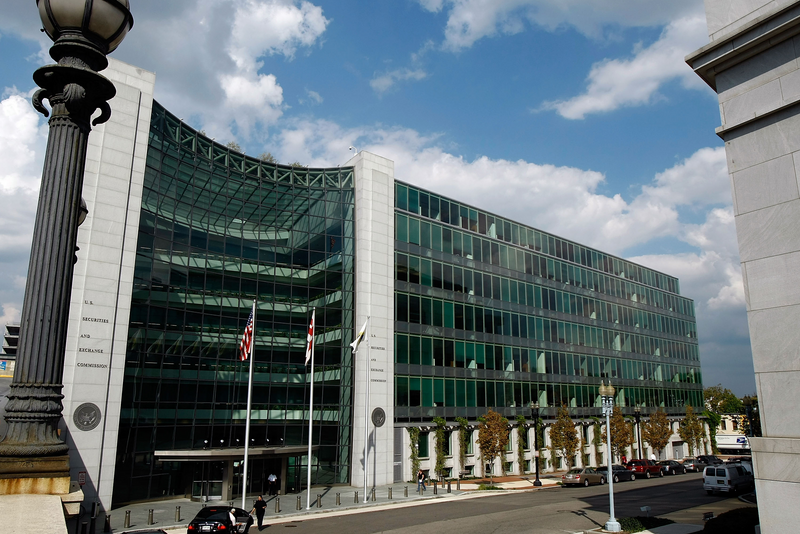A rule from the SEC that recently expanded the definition of a “dealer” to capture digital assets activity is a step too far, says the Blockchain Association (BA) and Crypto Freedom Alliance (CFA) of Texas in their complaint in a federal district court in Texas.
The suit, filed Tuesday, claims that the expanded definition of a dealer would also capture people who are just trading in digital assets.
And it alleges that the SEC exceeded its authority with its too-broad interpretation of the term “dealer” within the Securities Exchange Act of 1934. And they note the agency did not engage with the feedback it received during the rule’s public comment period and did not conduct “its statutorily required economic analysis.”
The crypto industry advocates claim what they have dubbed the “Dealer Rule” is stifling innovation in the US digital asset market.
The BA and CFA specifically criticized the SEC for attempting to regulate outside its authority and accused the securities regulator of enacting the Dealer Rule as part of its “anti-digital asset crusade.” They contend the rule could drive US companies offshore and instill fear in American innovators.
The dealer definition
In a 3-2 vote, the SEC adopted the broader interpretation of a “dealer” in February, describing it as “a functional analysis based on the securities trading activities undertaken by a person, not the type of security being trade.”
When the final rule was released, SEC Chair Gary Gensler said: “Absent an exemption or exception, if anyone trades in a manner consistent with de facto market making, it must register with us as a dealer – consistent with Congress’s intent.”
The rule goes into full effect in April of next year and was largely targeted at electronic participants in the US Treasuries market. But the requirements will be the same for any business that is brought into the expanded definition.
The SEC said it considered excluding crypto or some aspects of that industry sector, but it found that doing so might give crypto dealers an unfair advantage over their traditional finance counterparts.
The text of the rule noted the extensive objections and stated confusions of crypto industry insiders, including those in DeFi.
“While some commenters stated that the proposed rules should not apply to so-called DeFi, whether there is a dealer involved in any particular transaction or structure (whether or not referred to as so-called DeFi) is a facts and circumstances analysis,” the agency noted. “There is nothing about the technology used, including distributed ledger technology-based protocols using smart contracts, that would preclude crypto asset securities activities from falling within the scope of dealer activity.”
The expanded definition means more participants in the crypto arena will need to register with the SEC, join a self-regulatory organization, and comply with federal securities laws.
Courtroom battles linger
The crypto industry has been fighting with the SEC in federal courts over the question of which cryptocurrencies meet the definition of a security and the SEC’s authority over such firms as a regulator.
The SEC has filed lawsuits against crypto firms in its quest to classify cryptocurrencies as securities, initiating cases against Sam Bankman-Fried, Binance and its CEO Changpeng Zhao and Coinbase.
For its part, Crypto exchange Coinbase filed an action against the agency earlier this year, accusing the agency of behaving arbitrarily and for not specifically devising tailored rulemaking designed for the crypto sector. And last year, Grayscale, a crypto asset manager, sued (and won) in court against the SEC after the agency rejected the company’s application for a spot bitcoin exchange-traded fund.
The outcome of this legal scuffle could have major implications in the debate over which firms count as dealers in this lawsuit.












